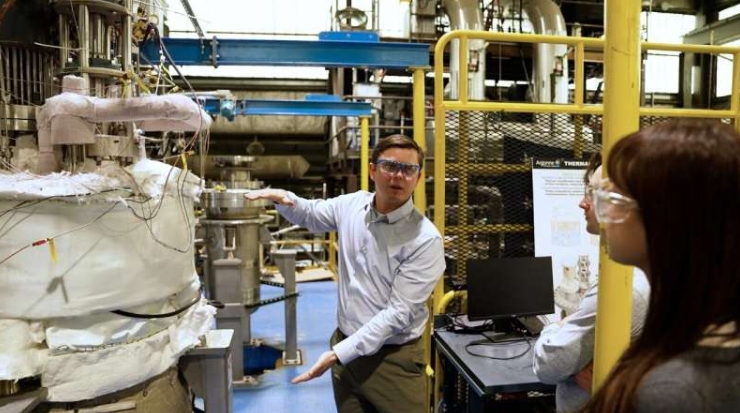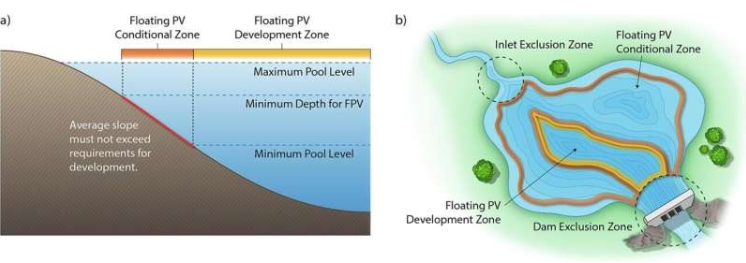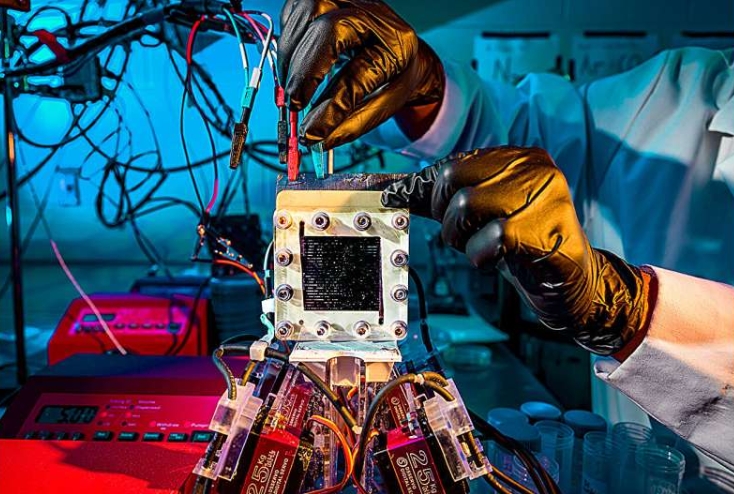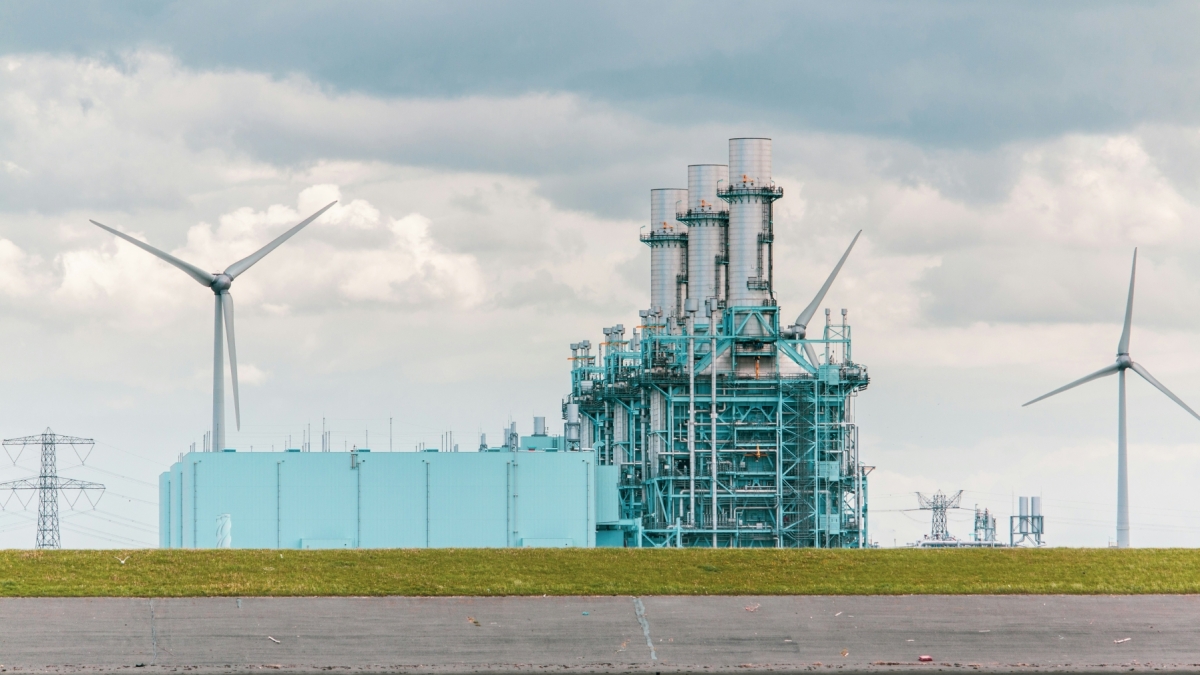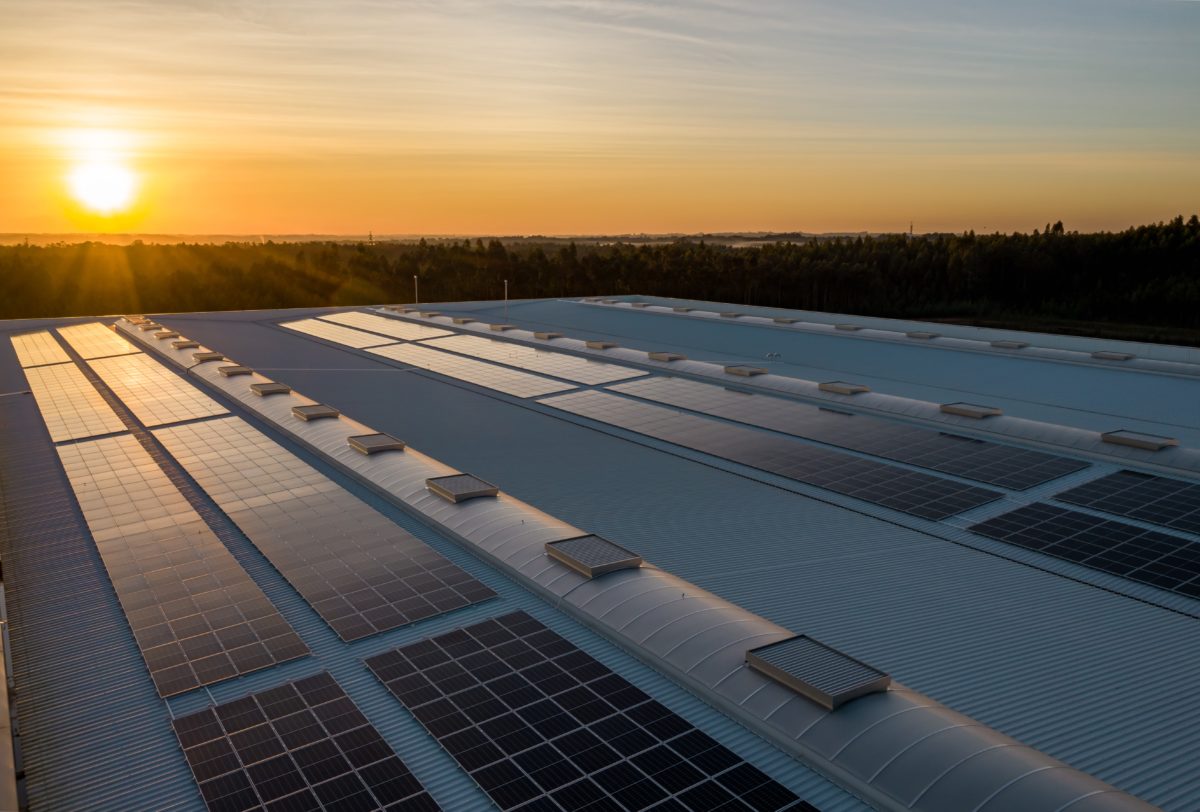
The commercial-scale facility is expected to produce 16,000 barrels per day of renewable diesel and SAF once it becomes operational in the first half of 2028.
Topsoe’s HydroFlex and H2bridge technologies will enable SAF and renewable diesel production from soybean oil and tallow feedstocks. HydroFlex converts fats, oils and greases into drop-in renewable jet and diesel fuels, whilst H2bridge will transform the HydroFlex waste gases into green hydrogen.
Once the Refinaria Riograndense plant is in full operation, Topsoe’s technology will reportedly enable an “annual emission avoidance of more than 1.2 million tonnes of carbon dioxide equivalent (CO2e).”
“With Brazil setting ambitious airline emissions reduction targets in October this year, Riograndense is one of the country’s early movers to ensure SAF supply is available for airline operators on time,” explained Elena Scaltritti, Chief Commercial Officer at Topsoe.
Felipe Jorge, Managing Director for the Brazilian oil refinery company, Riograndense, claimed Topsoe is the right partner to “progress towards the total conversion to a biorefinery.” He added, “[This] will allow us to become a reference in the SAF production in Brazil.”
Last year, Topsoe agreed with Sasol to establish a 50/50 joint venture (JV) designed to produce SAFs. As part of the JV, the two will develop, build, own and operate SAF plants and market the fuel.
